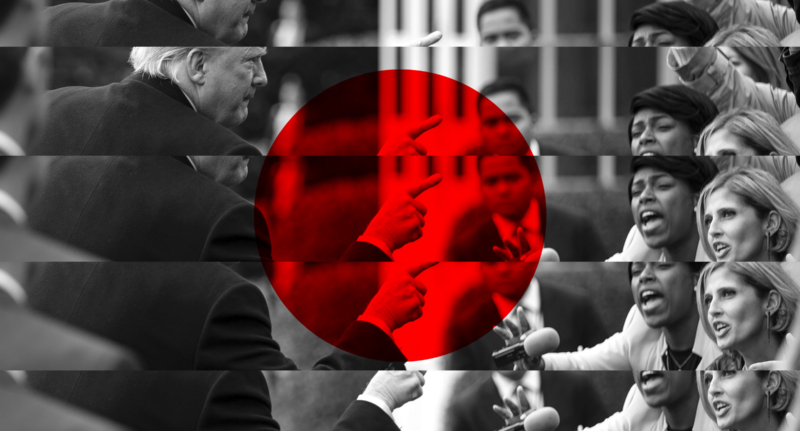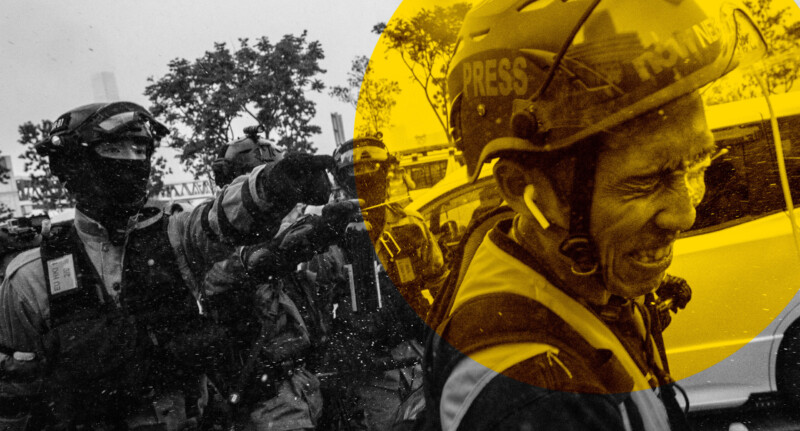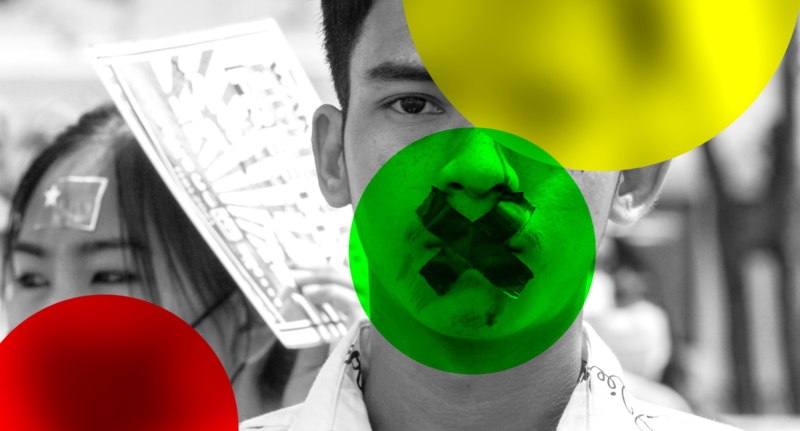It starts with doubt. A country’s leader—someone who was elected—laments the decline of journalism. Then, maybe, a law bans “fake news.” Soon, sure enough, a critic is arrested. Democracy reaches a breaking point. Reporting under the shadow of authoritarianism isn’t impossible, but it is dangerous work. Surveillance becomes oppressive; officials grow increasingly bold. Some journalists try to start anew in exile, which is logistically complicated, beyond the culture shock of resettling in a foreign land. Some abandon state-controlled outlets in favor of social media, where they must make an individual case for their relevance and wade through harassment. Some seek allies across borders, hoping that justice will eventually reach home. Some try to make space for themselves, finding a compartment that no one has thought to search and destroy—yet. All over the world, the resilience of the press is paired with grief.
The Authoritarianism Issue
Breaking Points

Free Press, Functioning Democracy
You can’t have one without the other.

Ping On
Hong Kong’s unrelenting independent press

Uganda’s Twitter Battleground
Eron Kiiza defends the press against an unjust government

‘I Don’t Want to Take a Rest’
Reconnecting with Myanmar’s press

Impact Journalism
A reporter joins the Reckoning Project in Ukraine

Fadeout
India’s clampdown on documentaries

Ambivalence
in Exile
After fleeing Pakistan, Ahmad Noorani attempts
to regain his footing as a journalist

The Fight for Good Information
A journalist and an anthropologist on how to understand Brazil
Fact checking for this issue was provided by Kris Cheng, Sophie Kemp, and Will Tavlin. Copyediting was done by Mike Laws.





